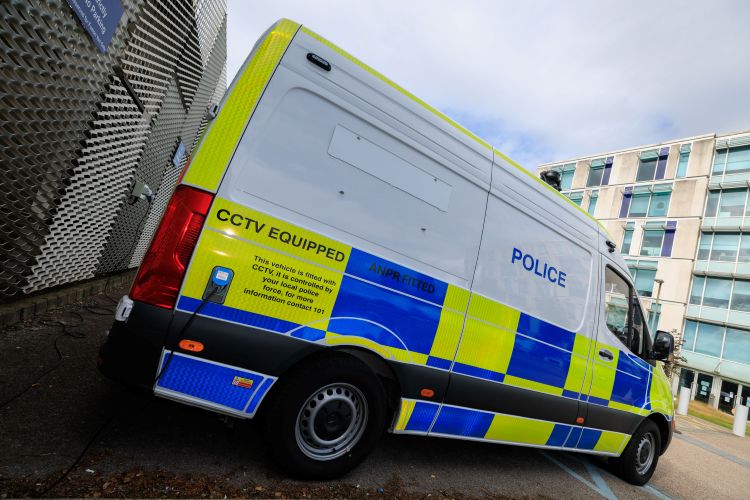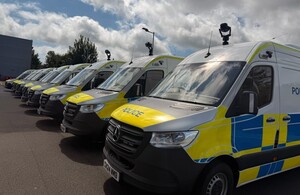
Greater Manchester Police (GMP) has begun using new facial recognition surveillance technology vans as part of a Home Office-funded national project. The vehicles equipped with live-facial recognition (LFR) cameras, will scan faces in public areas and match them to police watchlists of wanted or missing people.
The first deployments will take place in Sale town centre this month, with GMP saying the vans will be used for “targeted, intelligence-led operations” rather than constant monitoring. Assistant Chief Constable Rick Jackson said the technology “helps locate high-harm offenders quickly and safely,” and added that non-matches will be deleted within 24 hours.
In England and Wales last year, police scanned over 4 million faces using the LFR technology, more than twice the number in 2023.
Over half of the LFR deployments that took place in London took place in areas with a higher proportion of Black residents than the city average, raising questions about disproportionate targeting.
In a press release from GMP, it states that the two vans will be used “in areas where an operational need has been identified – not exclusively but areas with crime issues and large footfall, as well as for music and sporting events.”
Nationally: nearly 4.7 million faces scanned in 2024; London’s Met made ~580 arrests using LFR in one year. Locally, GMP has been allocated two vans, first deployed in Sale and used only in the areas of “operational need.”
The move is part of a wider plan to use technology to support neighbourhood policing. The vans can be moved between busy areas such as transport hubs and large events, helping officers identify suspects on the spot. Similar systems used by the metropolitan police and South Wales Police have already led to hundreds of arrests nationwide.

However, the rollout has sparked privacy concerns. Civil-liberties groups, including Big Brother Watch, warn that live facial-recognition risks “normalizing mass surveillance,” and question how the police compile and manage their watch-lists. Critics also worry about accuracy, data retention, and bias.
GMP insists the system is independently tested and complies with the Surveillance Camera Code of Practice. The force has also invited the public to speak with officers and view the vans in operation to understand how they work.
As the technology expands across the UK, Manchester’s trial will test whether public reassurance outweighs growing concern about the limits of privacy in shared spaces.
The LFR vans will roll out in Sale today, 21st October, another deployment will be happening on the 23rd October.
